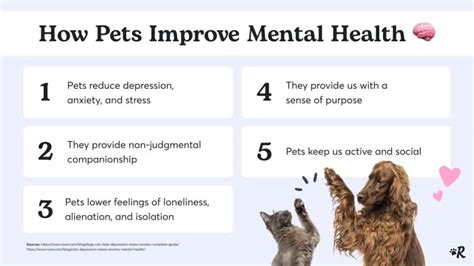Introduction

Cats, often perceived as independent and aloof creatures, are susceptible to a range of mental health conditions, including anxiety. Understanding the causes, symptoms, and implications of feline anxiety is crucial to ensuring their well-being. In this article, we will delve into the complex relationship between cat anxiety and their overall mental health and provide practical strategies to mitigate its effects.
Prevalence of Cat Anxiety
According to the American Veterinary Medical Association (AVMA), approximately 12% of cats experience anxiety disorders, with prevalence varying based on breed, lifestyle, and environmental factors.
Causes of Cat Anxiety
1. Genetics: Certain breeds, such as Siamese and Abyssinian cats, are predisposed to anxiety.
2. Early Experiences: Adverse experiences during kittenhood, such as neglect, trauma, or separation from littermates, can increase anxiety susceptibility.
3. Environmental Factors: Loud noises, changes in routine, and lack of enrichment can trigger anxiety in cats.
4. Underlying Medical Conditions: Medical conditions, such as hyperthyroidism and neurological disorders, can contribute to anxiety symptoms.
Symptoms of Cat Anxiety
1. Behavioral Changes: Over-grooming, excessive vocalization, pacing, and inappropriate urination or defecation.
2. Physical Manifestations: Increased heart rate, dilated pupils, trembling, and hiding or avoidance.
3. Cognitive Impairment: Difficulty concentrating, loss of appetite, and decreased playfulness.
Consequences of Cat Anxiety
Untreated cat anxiety can have severe consequences, including:
1. Compromised Well-Being: Cats with anxiety experience stress, fear, and reduced quality of life.
2. Physical Health Issues: Anxiety can exacerbate underlying medical conditions and lead to digestive problems, weight loss, and skin irritation.
3. Behavioral Problems: Anxiety can manifest as aggression, fear-based litter box avoidance, and compulsive licking or biting.
Strategies for Managing Cat Anxiety
1. Enrichment: Provide cats with ample mental and physical stimulation through toys, puzzle feeders, and interactive play sessions.
2. Environmental Modifications: Create a cat-friendly environment with hiding spaces, cat trees, and access to natural light and fresh air.
3. Pheromone Therapy: Feliway diffusers or sprays release calming pheromones that mimic those produced by nursing cats, reducing stress levels.
4. Medications: Anxiolytic medications, such as trazodone or alprazolam, can be prescribed by a veterinarian to manage severe anxiety.
5. Behavioral Therapy: A certified animal behaviorist can help develop individualized behavioral modification plans to address specific anxiety triggers.
Common Mistakes to Avoid
1. Punishing the Cat: Punishment will only worsen anxiety and damage the human-cat bond.
2. Ignoring the Problem: Anxiety symptoms should not be dismissed as “bad behavior” and should be addressed promptly.
3. Relying Solely on Medications: While medications can be effective in reducing anxiety, they should be used in conjunction with other strategies for long-term success.
Future Trends and Innovations
1. Advanced Pheromone Technology: Ongoing research is exploring the development of pheromone-based treatments that are tailored to specific cat anxiety triggers.
2. AI-Assisted Monitoring: Wearable devices and AI-powered cameras can provide real-time monitoring of cat behavior, helping detect and manage anxiety early on.
3. Personalized Behavior Therapy: Advances in machine learning and data analysis are enabling the development of personalized behavior therapy plans based on individual cat characteristics and anxiety patterns.
Frequently Asked Questions
1. Can cat anxiety be cured?
While cat anxiety cannot always be completely cured, it can be effectively managed with a combination of strategies.
2. Are there natural remedies for cat anxiety?
Certain herbs, such as valerian root and chamomile, have calming effects, but it’s essential to consult a veterinarian before administering any supplements.
3. How can I help my cat cope with anxiety during stressful events?
Providing a safe and comfortable space, engaging in calming activities, and consulting with a veterinarian or behaviorist can help reduce anxiety during stressful situations.
Conclusion
Cat anxiety is a common and complex condition that can significantly impact feline well-being. Understanding the causes, symptoms, and management strategies is crucial for ensuring the psychological and physical health of our beloved companions. With ongoing advancements in research and technology, the future holds promise for innovative solutions to mitigate cat anxiety and enhance their quality of life.





















